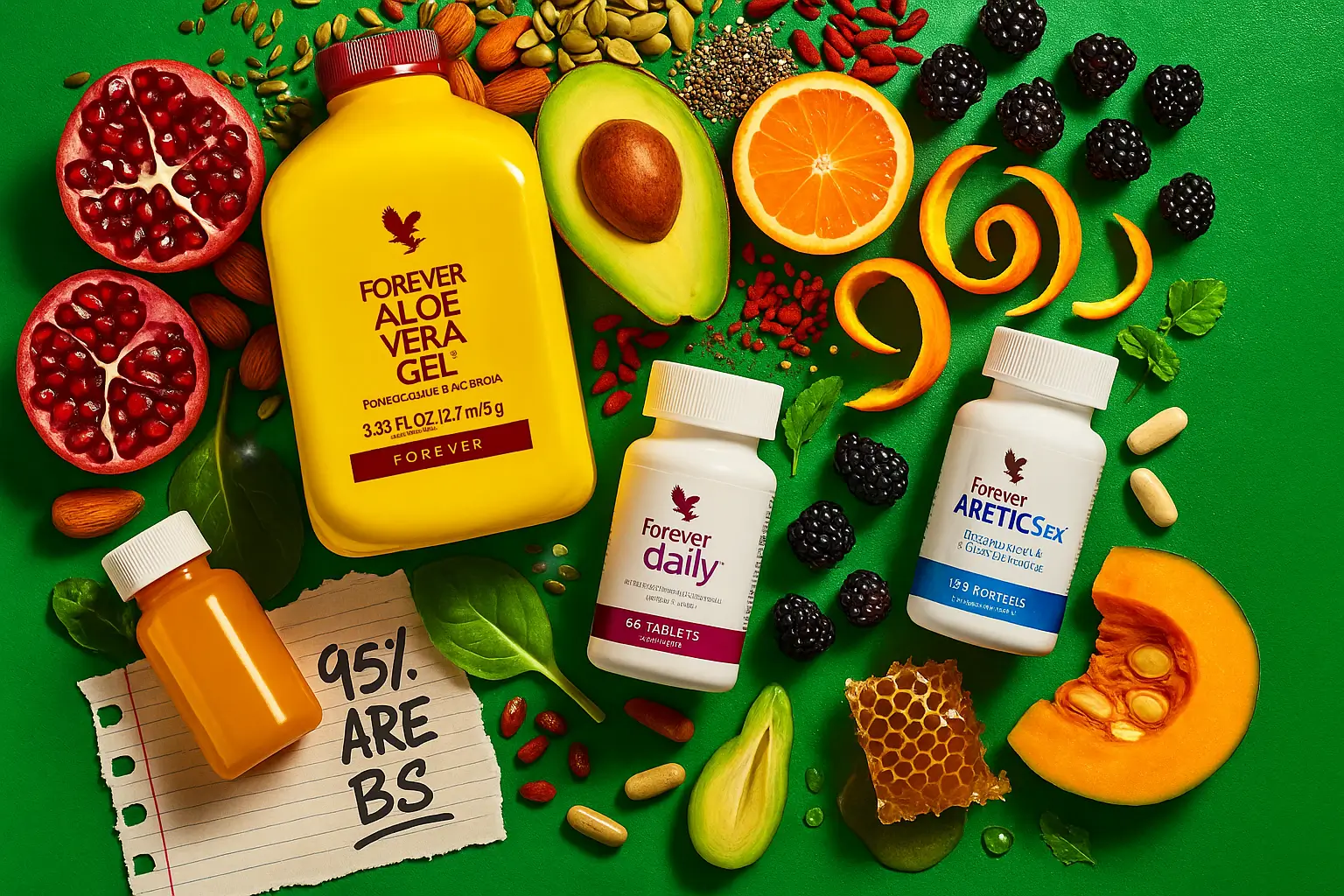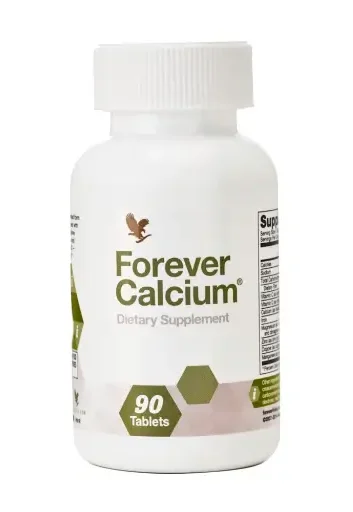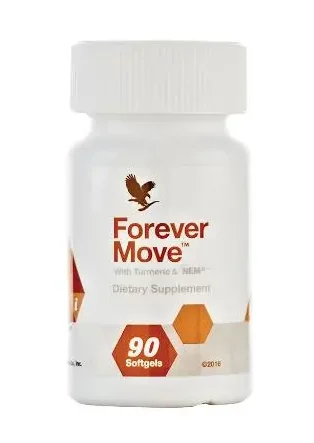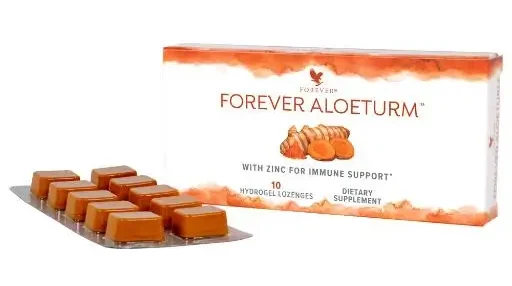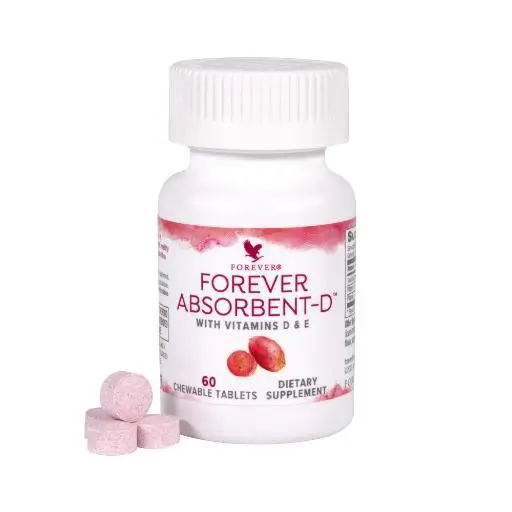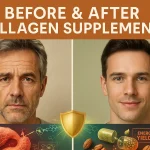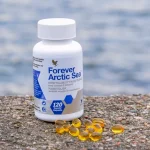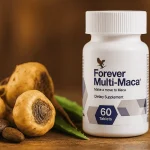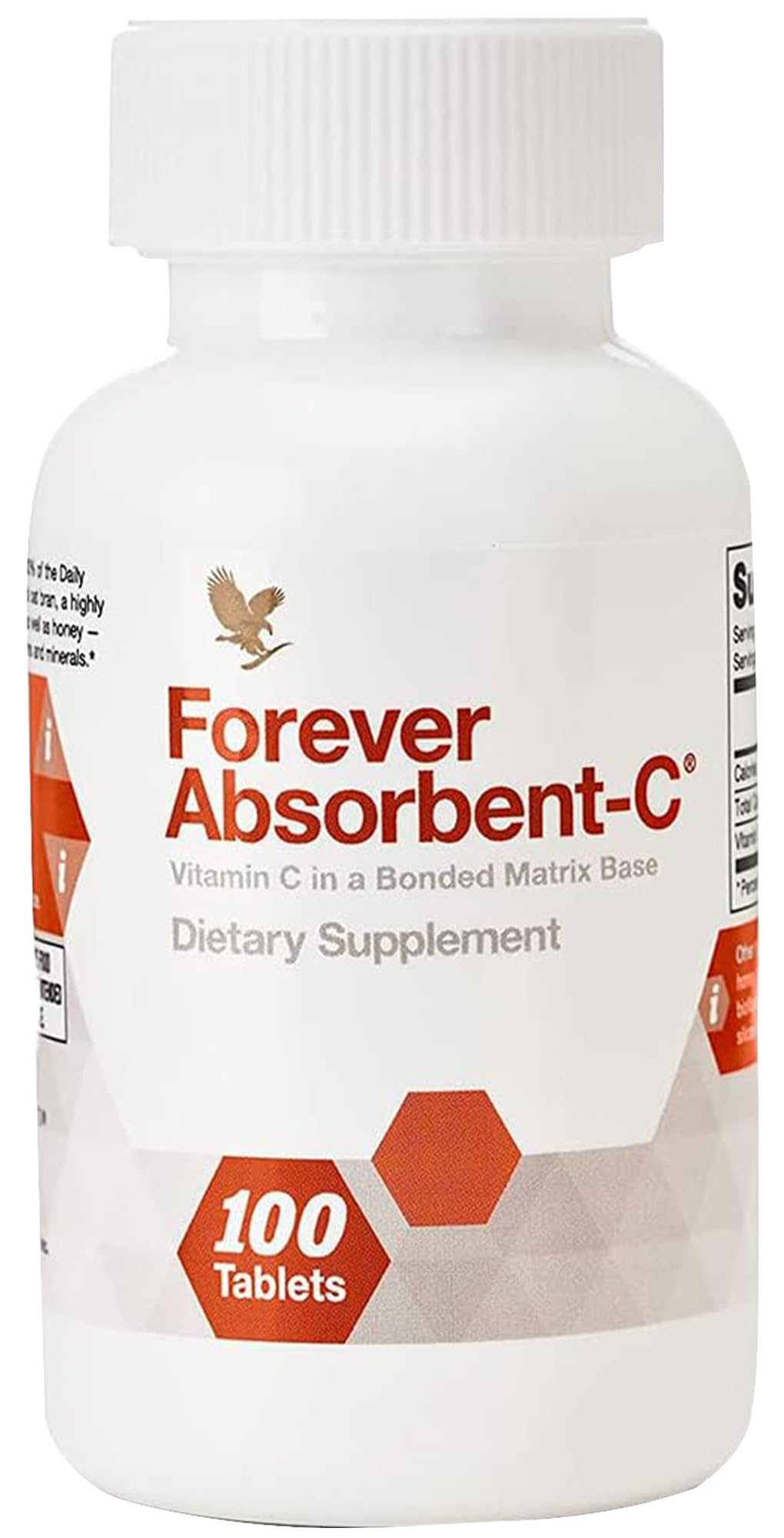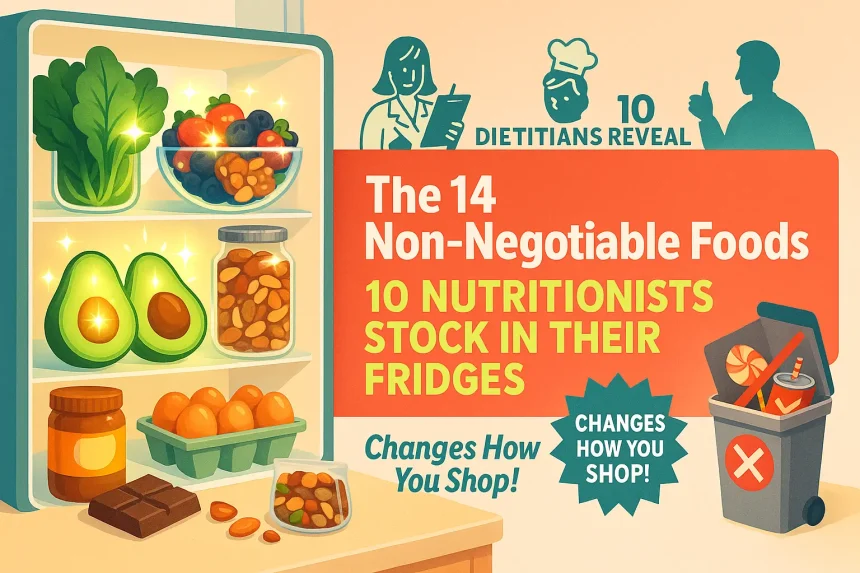Navigating the world of nutritional supplements can feel like walking through a dense fog, right? Everywhere you turn, there’s a flashy ad, a hyped-up influencer, or a complex-sounding ingredient promising miracle results. It’s overwhelming!
- Why Even Consider Nutritional Supplements in the First Place?
- Magnesium: The Unsung Hero for Overall Health & Vitality
- Why is Magnesium So Crucial?
- Different Forms for Different Needs:
- Signs You Might Need More Magnesium:
- Food Sources of Magnesium:
- Supplementing Wisely:
- Creatine Monohydrate: More Than Just Muscle Fuel
- What is Creatine, Really?
- Beyond the Biceps: The Wide-Ranging Benefits:
- Creatine Monohydrate: The Gold Standard
- How to Take Creatine:
- Is Creatine Safe?
- Food Sources of Creatine:
- Methylated (Active) B Vitamins: Igniting Your Cellular Energy
- The B Vitamin Family & Their Roles:
- The Methylation Connection: Why Active Forms Matter
- The MTHFR Gene Factor:
- Benefits of Taking Methylated B Vitamins:
- Who Might Benefit Most?
- Finding Methylated B Vitamins:
- Theracurmin (High-Bioavailability Curcumin): The Inflammation Soother
- Curcumin: Nature’s Anti-Inflammatory Powerhouse
- The Bioavailability Challenge:
- Enter Theracurmin: Enhanced Absorption, Enhanced Benefits
- Key Benefits of High-Bioavailability Curcumin (like Theracurmin):
- How to Use Theracurmin/High-Bioavailability Curcumin:
- Important Considerations:
- Omega-3 Fatty Acids: Essential Fats for Your Brain, Heart, and More
- The Key Players: EPA & DHA (and ALA)
- Why Your Body Craves Omega-3s:
- Signs You Might Not Be Getting Enough Omega-3s:
- Getting Your Omega-3 Fix:
- Choosing an Omega-3 Supplement:
- Vitamin D: The Sunshine Vitamin Your Body Craves
- Beyond Strong Bones: The Widespread Influence of Vitamin D:
- Are You Getting Enough? Sources & Risk Factors:
- Supplementing with Vitamin D (Vitamin D3):
- Navigating the Supplement Maze: Quality, Honesty, and Avoiding Pitfalls
- Red Flags & Things to Watch Out For (The “List of Bad Supplements” Characteristics):
- How to Choose High-Quality Supplements:
- Integrating Supplements Wisely: They’re Partners, Not Magic Pills
- The Most Important Step: Consult Your Doctor or Healthcare Provider
- Frequently Asked Questions (FAQs) About Supplements
- Your Path Forward: Informed Choices for Vibrant Health
You want to invest in your well-being, maybe fill some nutritional gaps, or even get an edge in your fitness goals, but the fear of wasting money on ineffective products – or worse, potentially harmful ones from the list of bad supplements – is real.
You’re likely searching for the best supplements to take for overall health, and you’ve landed in the right place.
I get it. You’re bombarded with information, often conflicting, and just want honest answers. What actually works? What’s just marketing hype? And most importantly, what might you personally need to feel your absolute best?
That’s exactly why I’ve put together this comprehensive guide. Forget the quick fixes and empty promises. We’re going deep into the science and practical application of foundational supplements. Think of this as your clear, no-nonsense roadmap.
We’ll explore some of the best supplements for overall health that consistently show real benefits based on scientific evidence, helping you make informed decisions. We won’t just provide a vitamin supplements list; we’ll explore why certain nutrients are crucial and how high-quality supplementation, when used wisely, can be a powerful ally in your quest for vibrant health and longevity.
We’ll cover everything from essential minerals that calm your nervous system to compounds that boost your energy at a cellular level. Ready to cut through the noise and discover the supplements that truly deserve a place in your wellness toolkit?
Let’s dive in.
Why Even Consider Nutritional Supplements in the First Place?
Before we jump into specific recommendations, let’s address a fundamental question: “If I eat healthily, do I even need supplements?”

It’s a valid point. A balanced, whole-foods diet is, and always should be, the cornerstone of good health. Fruits, vegetables, lean proteins, healthy fats – these provide the vast majority of nutrients your body needs to thrive.
However, several factors in our modern world can make it challenging to get optimal levels of all essential nutrients solely from diet:
- Soil Depletion: Modern agricultural practices have, in some cases, led to soil that is less nutrient-dense than it was generations ago. This means the fruits and vegetables grown in that soil may contain lower levels of essential vitamins and minerals. (Source: Scientific American article on soil depletion)
- Food Processing and Transportation: Nutrients can be lost during the processing, storage, and transportation of food. The longer produce sits after being harvested, the more its nutrient content can degrade.
- Dietary Restrictions & Preferences: Whether due to allergies, ethical choices (like vegan b12 supplement needs), or simply preferences, many people have diets that may exclude major sources of certain nutrients (e.g., Omega-3s for those who don’t eat fish, B12 for vegans).
- Increased Nutrient Needs: Certain life stages (pregnancy, aging), medical conditions, high levels of physical activity (requiring protein whey supplements or considering the #1 bodybuilding supplement in the world), or chronic stress can increase your body’s demand for specific nutrients.
- Absorption Issues: Some individuals may have digestive issues or genetic factors (like MTHFR affecting folate metabolism, necessitating a methylfolate supplement) that impair their ability to absorb nutrients effectively from food.
- Bioavailability: Sometimes, nutrients in food aren’t in the form your body can easily use (like curcumin in turmeric vs. more bioavailable forms). Supplements can offer these nutrients in a more readily usable format.
Think of high-quality nutritional supplements not as a replacement for a healthy diet, but as insurance – a way to bridge potential gaps and provide targeted support where needed. They are a supplement to your lifestyle, designed to enhance, not substitute, healthy habits. When chosen wisely, they can be powerful tools for optimizing energy, resilience, and long-term well-being.
Now, let’s explore some of the heavy hitters often considered among the best supplements for overall health.
Magnesium: The Unsung Hero for Overall Health & Vitality
If there were an award for the most underrated mineral, magnesium might just win it. This essential electrolyte is involved in over 300 enzymatic reactions in your body! (Source: National Institutes of Health – Magnesium Fact Sheet) Think of it as the master conductor of your body’s cellular orchestra. Yet, studies suggest a significant portion of the population doesn’t get enough magnesium through diet alone.
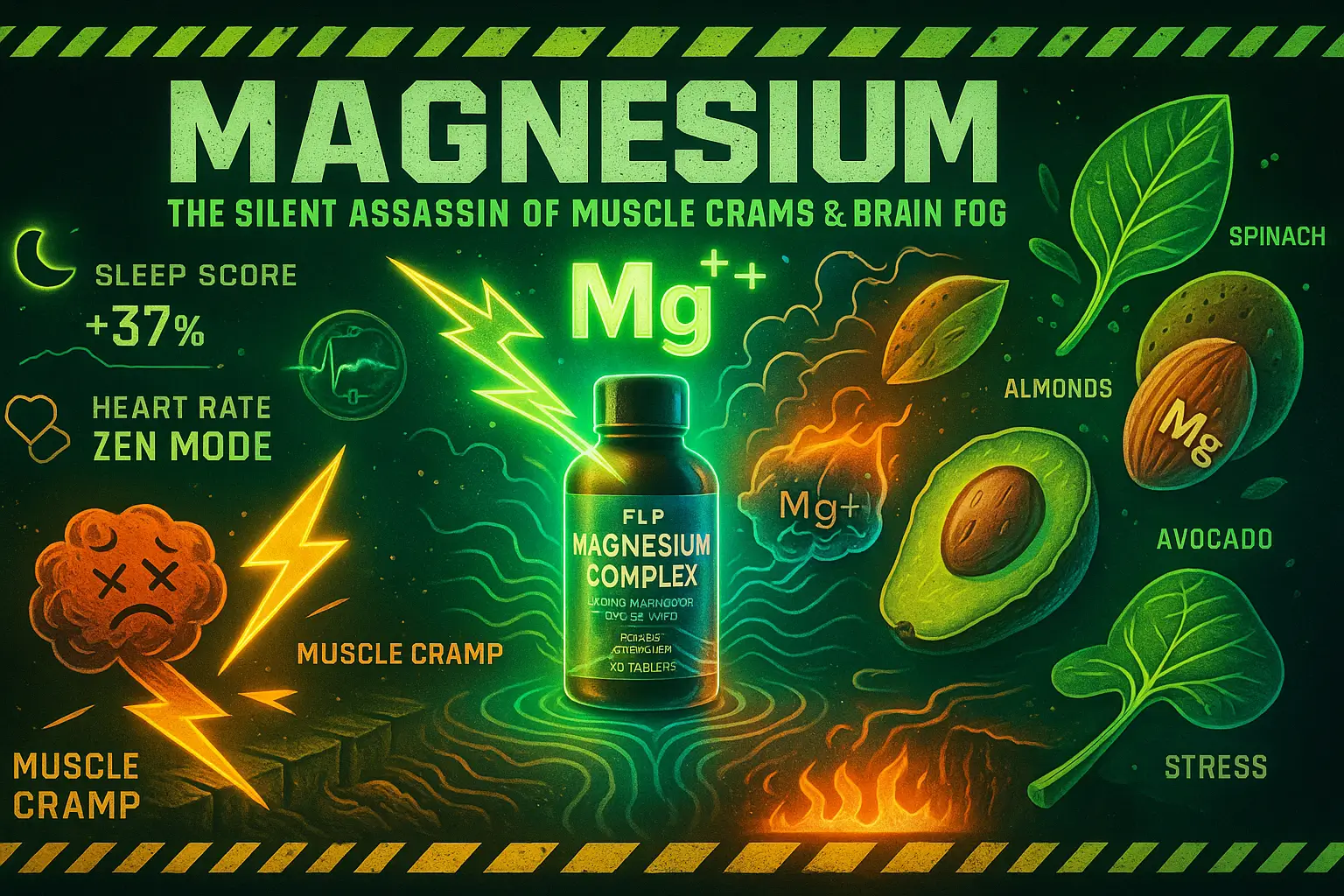
Why is Magnesium So Crucial?
Let’s break down its far-reaching impact:
- Energy Production: Magnesium is vital for converting food into energy (ATP production). Feeling chronically fatigued? Low magnesium could be a contributing factor.
- Muscle Function & Relaxation: Ever get muscle cramps or twitches, especially at night? Magnesium plays a key role in muscle contraction and relaxation. Adequate levels help prevent cramping and support smooth muscle function (including your heart!). This is why athletes often look into magnesium supplements.
- Nervous System Regulation: Magnesium helps regulate neurotransmitters, which send messages throughout your brain and nervous system. It has a calming effect, helping to manage stress and anxiety. Research suggests it may play a role in mood regulation and potentially reducing symptoms of depression. (Source: Psychology Today article on Magnesium and Mental Health)
- Bone Health: While calcium gets most of the attention, magnesium is essential for bone formation and density. It helps regulate calcium and vitamin D levels, both critical for strong bones.
- Heart Health: Magnesium contributes to maintaining a healthy heart rhythm, regulating blood pressure, and supporting overall cardiovascular function.
- Blood Sugar Control: It plays a role in insulin metabolism and glucose control, potentially helping to improve insulin sensitivity.
- Better Sleep: Due to its role in relaxing muscles and calming the nervous system (specifically by supporting GABA function), magnesium is often linked to improved sleep quality.
- Digestive Health: Certain forms of magnesium can help relax bowel muscles and attract water into the intestines, aiding regularity.
Different Forms for Different Needs:
Not all magnesium supplements are created equal. The type you choose depends on your primary goal, as different forms have varying absorption rates and effects:
- Magnesium Citrate: Well-absorbed, often used for its mild laxative effect to support regularity. Good general-purpose option.
- Magnesium Glycinate (or Bisglycinate): Highly bioavailable and generally gentle on the stomach. Excellent choice for stress, anxiety, sleep, and muscle relaxation as glycine itself has calming properties. Often considered one of the best supplements to take for overall health if targeting relaxation.
- Magnesium Malate: Combines magnesium with malic acid (involved in energy production). May be helpful for fatigue and muscle pain (like fibromyalgia). Well-absorbed.
- Magnesium L-Threonate: This form has shown promise in studies for its ability to cross the blood-brain barrier more effectively, potentially offering specific benefits for cognitive function, memory, and brain health. (Source: Study on Magnesium L-Threonate and Cognitive Function – Journal Neuron)
- Magnesium Oxide: Contains a higher percentage of elemental magnesium but is generally less bioavailable (less absorbed) than other forms. Often found in multivitamins and used for heartburn relief or constipation due to its stronger laxative effect. Usually one of the OTC magnesium supplements.
- Magnesium Chloride: Found in topical applications (oils, lotions) and some supplements. Well-absorbed orally.
- Magnesium Sulfate: Epsom salts! Typically used in baths for muscle soreness, not usually taken orally unless under specific medical guidance.
- Slow-Release Formulas (e.g., containing Magnesium Chloride/Lactate): Designed for gentler absorption, potentially reducing digestive upset and helping maintain steady levels – good for avoiding cramps.
Signs You Might Need More Magnesium:
While a blood test can help (though serum levels aren’t always the best indicator of total body stores), common signs of potential insufficiency include:
- Muscle cramps, twitches, or spasms
- Fatigue or weakness
- Difficulty sleeping or insomnia
- Anxiety or irritability
- Irregular heartbeat
- Headaches or migraines
- Loss of appetite
- Constipation
Food Sources of Magnesium:
Boost your intake naturally with these foods:
- Leafy Green Vegetables: Spinach, Swiss chard, kale
- Nuts & Seeds: Pumpkin seeds (pepitas), almonds, cashews, chia seeds, flaxseeds
- Legumes: Black beans, lentils, chickpeas, edamame
- Whole Grains: Quinoa, brown rice, oats, whole wheat bread
- Dark Chocolate (70%+ cocoa): Yes, really! (In moderation, of course.)
- Avocados: Packed with healthy fats and magnesium.
- Fatty Fish: Salmon, mackerel, halibut
- Tofu
- Bananas
Supplementing Wisely:
If you suspect you need more magnesium, especially if experiencing symptoms or if your diet is low in magnesium-rich foods, a supplement can be beneficial. Start with a lower dose (e.g., 100-200mg) of a well-absorbed form like Glycinate or Citrate, taken preferably in the evening due to its relaxing effects.
My Recommendation
While the article discusses various forms like glycinate or L-threonate known for high bioavailability, finding specific forms can sometimes be challenging. If you’re looking for a broad-spectrum mineral supplement that includes magnesium alongside other essential minerals discussed with your doctor, you might explore…
It provides magnesium (as magnesium oxide) combined with calcium, phosphorus, and a blend of trace minerals derived from natural seabed deposits, offering foundational mineral support. Alternatively,
Also provides magnesium alongside calcium and vitamin D, focusing specifically on bone health support.
Always consult your doctor before starting any new supplement, especially if you have kidney problems or are taking other medications. They can help determine the right form and dosage for you. Searching for “supplements near me” or “food supplements shop” can help locate options, but prioritize quality and transparency.
Creatine Monohydrate: More Than Just Muscle Fuel
Creatine often gets pigeonholed as a supplement exclusively for bodybuilders and hardcore athletes. While it’s undeniably fantastic for enhancing strength, power, and muscle growth (#1 legal muscle building supplement contender for many), dismissing it as just a “gym bro” supplement is a massive disservice to its broad spectrum of benefits, including significant cognitive advantages.
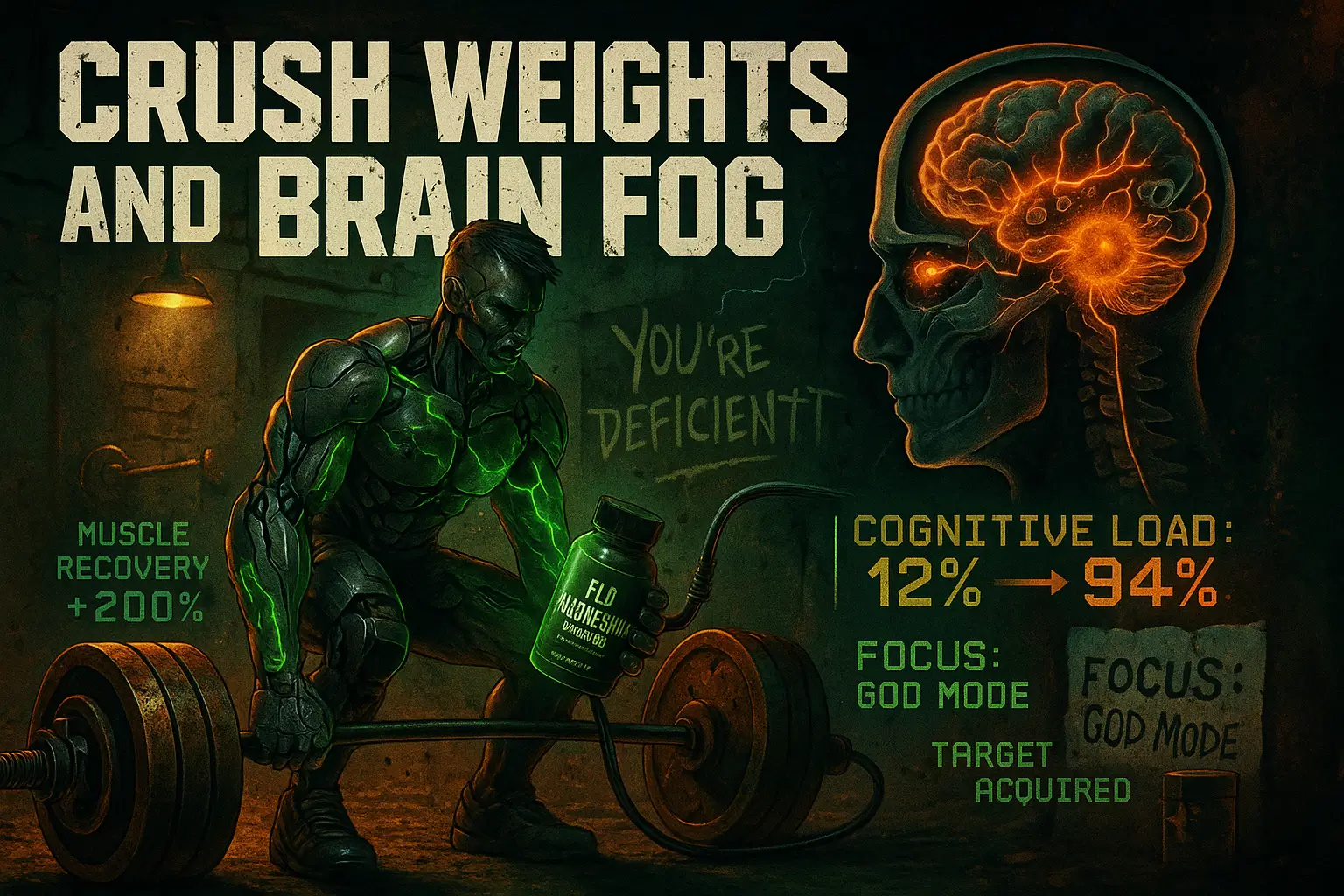
What is Creatine, Really?
Creatine isn’t some synthetic lab creation; it’s a naturally occurring compound made from amino acids (glycine, arginine, methionine). Your body produces it primarily in the liver, kidneys, and pancreas, and it’s stored mainly in your muscles (about 95%) but also in smaller amounts in your brain.
Its primary role is to help regenerate ATP (adenosine triphosphate), the main energy currency of your cells. Think of creatine as a rapid energy reserve for high-intensity activities, both physical and mental.
Beyond the Biceps: The Wide-Ranging Benefits:
- Enhanced Exercise Performance: This is its most well-known benefit. Creatine increases phosphocreatine stores in muscles, allowing for more rapid ATP regeneration during short bursts of intense effort (like weightlifting, sprinting). This translates to:
- Increased strength and power output.
- Improved performance in high-intensity interval training (HIIT).
- Ability to perform more reps or lift heavier weights.
- Reduced fatigue during workouts.
- Increased Muscle Mass: Creatine aids muscle growth through several mechanisms:
- Increased workload capacity (allowing more training volume).
- Improved cell signaling (enhancing muscle repair and growth).
- Reduced muscle protein breakdown.
- Increased cell hydration (drawing water into muscle cells, which can stimulate growth). (Source: Journal of the International Society of Sports Nutrition – Position Stand on Creatine)
- Faster Recovery: By helping replenish energy stores more quickly and potentially reducing muscle damage and inflammation after intense exercise, creatine can contribute to faster recovery between workouts.
- Brain Health & Cognitive Function: This is where creatine truly shines beyond the gym! Your brain consumes a significant amount of energy (ATP), especially during demanding mental tasks. Creatine plays a crucial role here too:
- Improved Working Memory & Intelligence: Studies suggest creatine supplementation can enhance performance on tasks requiring short-term memory and reasoning, particularly when brain energy reserves are challenged (like during sleep deprivation or complex problem-solving). (Source: Neuroscience & Biobehavioral Reviews – Creatine and Brain Function)
- Reduced Mental Fatigue: Just like it fights physical fatigue, creatine may help delay mental exhaustion during cognitively demanding activities.
- Potential Neuroprotective Effects: Research is ongoing, but creatine shows promise in potentially protecting against neurological diseases where energy metabolism is impaired (e.g., Parkinson’s, Huntington’s). It may also aid recovery from mild traumatic brain injury (concussion).
- Potential Mood Support: Some preliminary research suggests creatine might have antidepressant effects, possibly by influencing brain energy metabolism and neurotransmitter systems, though more research is needed.
- Blood Sugar Management: Emerging evidence suggests creatine might help improve glucose uptake into muscles, potentially aiding blood sugar control when combined with exercise.
Creatine Monohydrate: The Gold Standard
You’ll see various forms of creatine marketed (HCL, Ethyl Ester, etc.), often at higher prices. However, Creatine Monohydrate is the most extensively studied, consistently effective, and generally the most affordable form. Stick with micronized creatine monohydrate for better solubility in water.
How to Take Creatine:
- Dosage: The standard, effective dose is 3-5 grams per day.
- Loading Phase (Optional): Some people start with a “loading phase” (e.g., 20 grams per day, split into 4 doses, for 5-7 days) to saturate muscles faster, followed by the 3-5g maintenance dose. However, loading isn’t necessary; starting with the maintenance dose will achieve saturation over 3-4 weeks.
- Timing: Timing isn’t critical. Take it whenever is convenient – with a meal, pre-workout, post-workout. Consistency is key.
- Cycling: There’s no scientific need to cycle creatine (taking breaks). It’s safe for continuous long-term use in healthy individuals.
Is Creatine Safe?
Creatine is one of the most researched supplements on the market, with an excellent safety profile for healthy individuals. Common myths (kidney damage, dehydration, cramping) have been largely debunked by extensive research. (Source: Journal of the International Society of Sports Nutrition – Safety Overview)
The main side effect might be slight weight gain due to water retention in muscles (which is often desirable for performance/aesthetics). As always, drink plenty of water and consult your doctor if you have pre-existing kidney conditions.
Food Sources of Creatine:
You get some creatine naturally from:
- Red Meat (Beef, Pork)
- Fish (Salmon, Herring)
However, the amounts in food are much lower than typical supplement doses. You’d need to eat impractically large amounts of meat/fish to get 3-5 grams of creatine daily.
My Recommendation
It’s worth noting that while creatine monohydrate is widely available on Amazon, we have managed to source quality option from reputable supplier for you…

Nutricost Creatine Monohydrate Micronized Powder 500G, 5000mg Per Serv (5g) – 100 Servings, 17.9 Oz
The most recommended product
Forever Living Products does not currently include a dedicated creatine supplement in its core product line.
Creatine monohydrate is a safe, effective, and affordable supplement with benefits extending far beyond muscle building, making it a strong contender for the best supplements for overall health, especially for active individuals and those seeking cognitive support.
Methylated (Active) B Vitamins: Igniting Your Cellular Energy
You’ve probably heard of B vitamins – that group of essential nutrients often touted for energy. But there’s a crucial nuance many people miss: the form of these vitamins matters immensely. For many, taking standard B vitamins might be like having a key that doesn’t quite fit the lock. That’s where methylated (active) B vitamins come in.
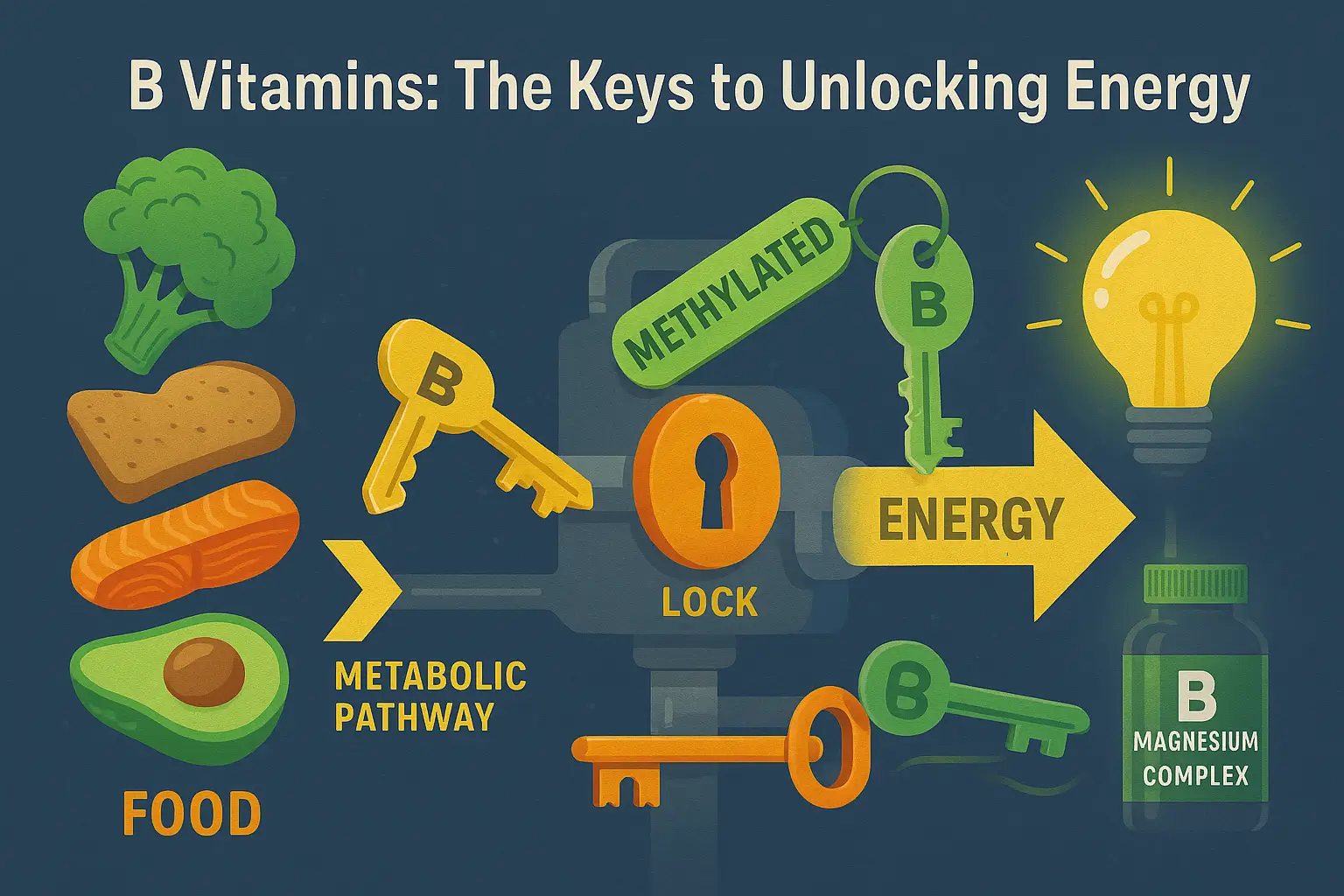
The B Vitamin Family & Their Roles:
The B vitamins are a group of eight water-soluble vitamins that work together synergistically in countless bodily processes:
- B1 (Thiamine): Crucial for carbohydrate metabolism (turning carbs into energy) and nerve function.
- B2 (Riboflavin): Involved in energy production, cell growth, and metabolism of fats, drugs, and steroids. Gives urine a bright yellow color.
- B3 (Niacin): Essential for energy production (NAD/NADP synthesis – think nad supplement precursors), DNA repair, and skin health.
- B5 (Pantothenic Acid): Needed for synthesizing coenzyme A (CoA), vital for fatty acid synthesis and breakdown, energy production.
- B6 (Pyridoxine): Involved in over 100 enzyme reactions, mostly concerning protein metabolism, neurotransmitter synthesis (serotonin, dopamine), and red blood cell formation.
- B7 (Biotin): Known for its role in healthy hair, skin, and nails, but also essential for carbohydrate, fat, and protein metabolism.
- B9 (Folate/Folic Acid): Critical for DNA synthesis and repair, cell division, and red blood cell formation. Especially important during pregnancy.
- B12 (Cobalamin): Essential for nerve function, DNA synthesis, red blood cell formation, and energy metabolism. Primarily found in animal products, making vegan b12 supplement or general b-12 supplements important for many.
The Methylation Connection: Why Active Forms Matter
Methylation is a fundamental biochemical process occurring billions of times per second in your body. It involves attaching a tiny molecule called a “methyl group” (CH3) to another molecule, acting like an on/off switch for various functions, including:
- DNA replication and repair
- Neurotransmitter synthesis (mood, focus)
- Detoxification
- Immune cell function
- Energy production
- Gene expression (turning genes on or off)
Certain B vitamins, particularly Folate (B9) and B12 (Cobalamin), are key players in the methylation cycle. However, your body often needs to convert the forms found in food or standard supplements into their active, methylated forms before they can participate in this vital cycle.
- Folate vs. Folic Acid vs. Methylfolate: Folic acid is the synthetic form found in fortified foods and many basic supplements. Your body needs multiple steps to convert it to the active form, L-5-methyltetrahydrofolate (L-5-MTHF or methylfolate). Folate is the natural form found in foods (like leafy greens). Methylfolate is the already active form.
- B12 (Cobalamin) vs. Methylcobalamin/Adenosylcobalamin: Cyanocobalamin is a common synthetic form in supplements that needs conversion. Methylcobalamin and Adenosylcobalamin are active forms used directly in different cellular pathways.
The MTHFR Gene Factor:
A significant portion of the population has common genetic variations (polymorphisms) in the MTHFR gene. This gene provides instructions for making an enzyme crucial for converting folic acid and folate into active methylfolate. People with MTHFR variations may have reduced enzyme activity, making it harder to utilize standard forms of folate efficiently. (Source: NIH Genetics Home Reference – MTHFR Gene)
Benefits of Taking Methylated B Vitamins:
Supplementing directly with active forms like methylfolate and methylcobalamin (often found together in “B-Complex” supplements) bypasses potential conversion issues, offering several advantages, especially for those with MTHFR variations or absorption problems:
- Enhanced Energy Levels: By directly supporting cellular energy production and methylation pathways, active B’s can combat fatigue more effectively for some individuals.
- Improved Mood & Cognitive Function: Methylation is critical for producing neurotransmitters like serotonin, dopamine, and norepinephrine. Providing active B vitamins supports this process, potentially improving mood, focus, and mental clarity. Methylfolate is sometimes used as an adjunct therapy for depression.
- Support for Cardiovascular Health: Methylation helps regulate homocysteine levels. High homocysteine is a risk factor for heart disease. Active B vitamins (B6, B12, Folate) are crucial for keeping homocysteine in check.
- Optimized Detoxification: Methylation is a key pathway for liver detoxification, helping your body process and eliminate toxins.
- Healthy Cell Growth & Repair: Essential for DNA synthesis and repair, supporting overall cellular health and potentially influencing the cell system aging supplement concept indirectly through fundamental processes.
- Strengthened Immune System: Proper methylation is needed for the production and function of immune cells.
Who Might Benefit Most?
- Individuals with known MTHFR gene variations.
- People experiencing persistent fatigue despite adequate sleep.
- Those with mood imbalances (anxiety, depression) – consult a doctor first.
- Individuals with elevated homocysteine levels.
- People with digestive issues affecting nutrient absorption.
- Vegans and vegetarians (especially for B12).
- Older adults (B12 absorption can decrease with age).
Finding Methylated B Vitamins:
Look for supplements listing specific active forms on the label:
- Folate: L-5-methyltetrahydrofolate, L-5-MTHF, Metafolin®, Quatrefolic® (avoid just “folic acid” if seeking active form).
- B12: Methylcobalamin, Adenosylcobalamin, Hydroxocobalamin (avoid just “cyanocobalamin”).
- B6: Pyridoxal-5′-phosphate (P-5-P).
- B2: Riboflavin-5′-phosphate (R-5-P).
Many high-quality B-Complex formulas now use these active forms. Consider looking into reputable brands known for quality, like life extension vitamins & supplements or researching approved science supplements. Some formulations might be available as best powder vitamin supplements.
My Recommendation
While the specific active forms like methylfolate and methylcobalamin offer distinct advantages for those with potential conversion issues, foundational B vitamin support is still crucial. If you and your doctor determine a need for supplemental B12 and Folic Acid,
Forever B12 Plus®
offers these key nutrients in their standard forms (cyanocobalamin and folic acid) using a time-release formula designed for gradual absorption. For broader daily nutrient coverage including a spectrum of B vitamins alongside other essentials,
Forever Daily®
provides a balanced multivitamin approach, though it doesn’t specifically focus on methylated forms.
Important Note: Start with lower doses, especially with methylfolate, as some individuals can be sensitive and experience temporary side effects like anxiety or irritability if they start too high. As always, consulting a healthcare professional is recommended before starting a food supplement regimen, particularly with active B vitamins.
Theracurmin (High-Bioavailability Curcumin): The Inflammation Soother
Turmeric, the golden spice that gives curry its vibrant color, has been used for centuries in traditional medicine. Its main active compound, curcumin, is a powerhouse polyphenol with potent antioxidant and anti-inflammatory properties.
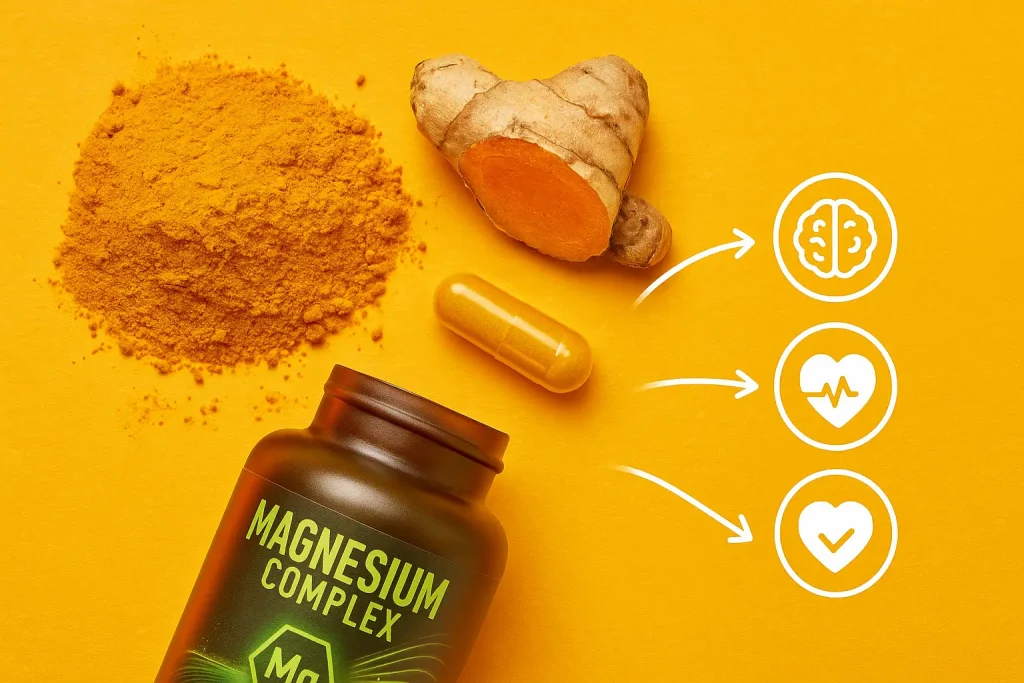
However, there’s a catch: standard curcumin isn’t easily absorbed by your body. That’s where advanced forms like Theracurmin come in, offering a significant advantage.
Curcumin: Nature’s Anti-Inflammatory Powerhouse
Inflammation is a natural bodily process – it helps fight off invaders and repair damage. But chronic inflammation, often driven by lifestyle factors like poor diet, stress, and lack of sleep, is linked to nearly every major modern disease, including heart disease, diabetes, arthritis, certain cancers, and neurodegenerative conditions like Alzheimer’s.
Curcumin tackles inflammation at a molecular level:
- Blocks NF-kB: It inhibits NF-kB, a molecule that travels into the nuclei of cells and turns on genes related to inflammation. NF-kB is considered a master switch for chronic inflammation. (Source: Review Article on Curcumin and Inflammation – Molecules Journal)
- Potent Antioxidant: Curcumin neutralizes harmful free radicals, unstable molecules that damage cells and contribute to aging and disease. It also boosts the activity of your body’s own antioxidant enzymes.
- Modulates Inflammatory Pathways: It influences various other signaling molecules involved in the inflammatory cascade.
The Bioavailability Challenge:
The biggest hurdle with standard curcumin (found in turmeric spice) is its poor bioavailability. When you ingest it:
- It’s rapidly metabolized in the liver and intestinal wall.
- It’s poorly absorbed into the bloodstream.
- It’s quickly eliminated from the body.
This means very little active curcumin actually reaches your cells to exert its benefits. You could eat heaps of turmeric, but you wouldn’t get the therapeutic effects seen in studies using concentrated, bioavailable forms.
Enter Theracurmin: Enhanced Absorption, Enhanced Benefits
Theracurmin is a specific, patented preparation of curcumin designed to overcome the bioavailability problem. It uses advanced technology to reduce the particle size of curcumin dramatically, dispersing it in a natural matrix.
This makes it significantly more water-soluble and readily absorbable into the bloodstream compared to standard curcumin powders. Studies have shown Theracurmin achieves much higher blood concentrations of curcumin. (Source: Study comparing Theracurmin bioavailability – Journal of Nutritional Science and Vitaminology)
Key Benefits of High-Bioavailability Curcumin (like Theracurmin):
- Powerful Anti-Inflammatory Effects: By getting more curcumin into your system, Theracurmin offers more potent support for managing chronic inflammation throughout the body. This is relevant for:
- Joint Health: Reducing pain and stiffness associated with osteoarthritis and rheumatoid arthritis. It’s often included in top rated joint support supplements. (While you’re looking after yourself, remember joint supplements for dogs like those containing curcumin, or even specific products like waffles joint supplement for dogs, can help your furry friends too!)
- General Aches and Pains: Helping soothe exercise-induced inflammation and muscle soreness.
- Brain Health & Mood: Curcumin can cross the blood-brain barrier. Its anti-inflammatory and antioxidant properties may:
- Support cognitive function and memory.
- Boost levels of Brain-Derived Neurotrophic Factor (BDNF), a growth hormone that functions in your brain, potentially helping delay or even reverse age-related brain decline. Considered by some as a potential #1 brain supplement ingredient.
- Show potential in supporting mood balance, possibly acting similarly to some antidepressants.
- Heart Health: Curcumin benefits heart health in several ways:
- Improves the function of the endothelium (the lining of blood vessels).
- Reduces inflammation and oxidation, key drivers of heart disease.
- May help lower LDL (“bad”) cholesterol and triglycerides.
- Antioxidant Protection: Helps protect your cells from oxidative stress, a major contributor to aging and chronic disease. This links to the idea of a cell system aging supplement.
- Digestive Health Support: May help soothe inflammation in the gut and support a healthy gut lining.
- Potential Cancer Protective Role: Lab and animal studies suggest curcumin has anti-cancer effects, influencing cancer cell growth, spread, and death. Human research is ongoing, but it shows promise as an adjunct therapy. (Source: Cancer Research UK on Curcumin)
- May Enhance Immune Function: Its antioxidant and anti-inflammatory properties contribute to a balanced immune response. Considered one of the foods and supplements to boost immune system. (Also consider the benefits of ginger supplement for immune support).
How to Use Theracurmin/High-Bioavailability Curcumin:
- Dosage: Dosing varies depending on the specific formulation and health goal. Follow the manufacturer’s recommendations on the product label. Theracurmin doses are often lower than standard curcumin due to better absorption (e.g., 60-180mg per day).
- Consistency: Like most supplements targeting chronic inflammation, consistent daily use is key to seeing benefits. It may take several weeks to notice effects.
- Look for Specific Forms: When choosing a supplement, look for specific enhanced bioavailability technologies mentioned on the label, such as Theracurmin®, Meriva®, BCM-95® (Curcugreen®), Longvida®, or NovaSOL®. Simply seeing “turmeric extract” isn’t enough.
My Recommendation
Finding curcumin supplements with enhanced bioavailability is key to unlocking its benefits. Forever Living offers an innovative approach with…
This product specifically targets joint comfort and flexibility by combining NEM® (Natural Eggshell Membrane) with BioCurc®, a patented, water-soluble turmeric extract complex designed for significantly increased bioavailability – aligning perfectly with the need for enhanced absorption discussed earlier. It’s an excellent option to consider if joint health and mobility are primary goals alongside managing inflammation.
In some regions, you might also find…
which delivers curcumin via a unique hydrogel lozenge designed for absorption through the mouth, combined with zinc and aloe for immune and throat support.
Important Considerations:
- Curcumin can have mild blood-thinning effects, so consult your doctor if you are taking anticoagulant medications (like warfarin).
- High doses might cause digestive upset in some individuals.
- Avoid if you have gallstones or bile duct obstruction, as curcumin can stimulate bile production.
High-bioavailability curcumin like Theracurmin represents a significant upgrade from standard turmeric spice for therapeutic benefits, making it a valuable tool for combating inflammation and supporting overall cellular health. It’s a prime example of how formulation matters in the world of food supplements online.
Omega-3 Fatty Acids: Essential Fats for Your Brain, Heart, and More
Don’t let the word “fatty” fool you. Omega-3 fatty acids are essential fats, meaning your body can’t produce them on its own; you must obtain them from your diet or supplements.
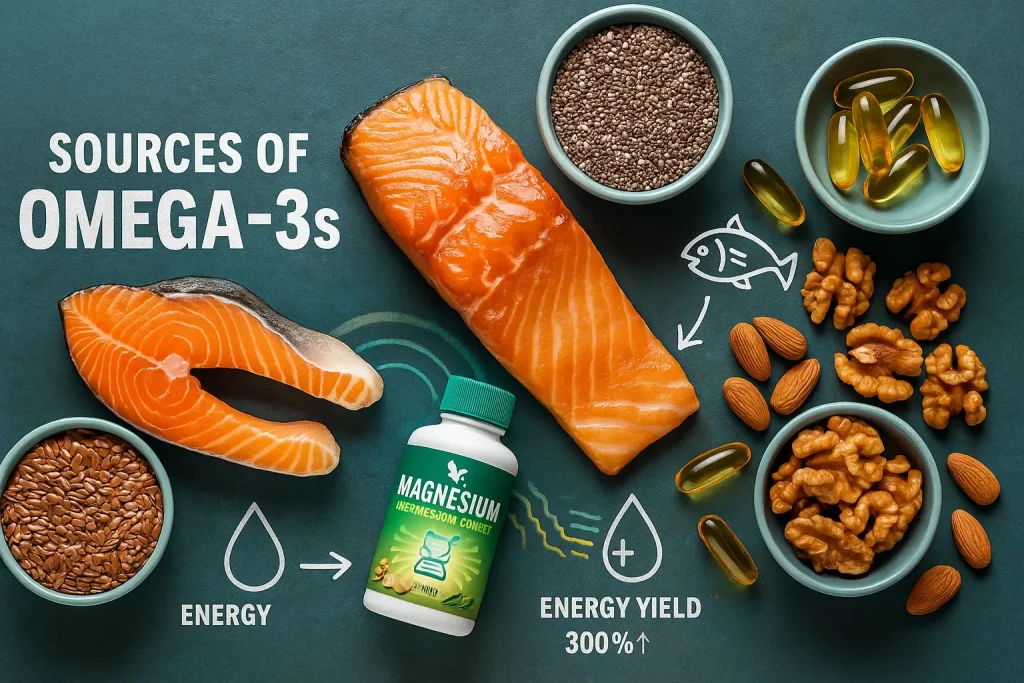
They are absolutely crucial for maintaining health across multiple systems, from your brain cells to your heart rhythms. For many, ensuring adequate intake makes Omega-3s one of the best supplements to take for overall health.
The Key Players: EPA & DHA (and ALA)
There are three main types of Omega-3s:
- EPA (Eicosapentaenoic Acid): Primarily known for its potent anti-inflammatory effects. It plays a significant role in heart health, mood regulation, and reducing inflammation throughout the body.
- DHA (Docosahexaenoic Acid): A major structural component of your brain (especially the cerebral cortex) and the retina of your eye. Crucial for brain development and function, cognitive health, and vision.
- ALA (Alpha-Linolenic Acid): Found in plant sources like flaxseeds, chia seeds, and walnuts. Your body can convert ALA into EPA and DHA, but this conversion process is often very inefficient (especially for DHA). Therefore, relying solely on ALA sources might not provide optimal levels of EPA and DHA for many people.
Why Your Body Craves Omega-3s:
- Heart Health Champion: Omega-3s (particularly EPA and DHA from fish oil) are superstars for cardiovascular health:
- Lower Triglycerides: They can significantly reduce elevated triglyceride levels, a major risk factor for heart disease. (Source: American Heart Association Science Advisory on Omega-3s)
- Reduce Blood Pressure: May have modest blood pressure-lowering effects.
- Prevent Plaque Buildup: Can help slow the development of plaques in arteries.
- Reduce Arrhythmias: May decrease the likelihood of abnormal heart rhythms.
- Anti-inflammatory Effects: Combat inflammation within blood vessels.
- Brain Function & Mental Well-being: DHA is literally brain food!
- Cognitive Function: Essential for learning, memory, and overall cognitive performance throughout life. Lower DHA levels are linked to increased risk of cognitive decline and Alzheimer’s disease. This makes it a key consideration for a #1 brain supplement.
- Mood Regulation: EPA plays a significant role here. Studies suggest Omega-3 supplementation can be beneficial in managing symptoms of depression and anxiety, sometimes used alongside traditional therapies. (Source: Translational Psychiatry review on Omega-3s and Depression)
- ADHD: Some research indicates Omega-3s may help improve symptoms of ADHD in children, such as inattention and hyperactivity.
- Eye Health: DHA is a major structural fat in the retina. Adequate intake is linked to a reduced risk of macular degeneration, a leading cause of vision loss.
- Fighting Inflammation: EPA is particularly effective at reducing chronic inflammation throughout the body, which is beneficial for conditions like rheumatoid arthritis (reducing joint pain and stiffness) and potentially other inflammatory diseases. Often found in top rated joint support supplements.
- Skin Health: Omega-3s contribute to healthy skin hydration and may help manage inflammatory skin conditions like eczema and psoriasis by strengthening the skin barrier and reducing inflammation.
- Pregnancy & Early Development: DHA is absolutely critical for the brain and eye development of the fetus during pregnancy and for infants during breastfeeding. Maternal supplementation is often recommended. It may also reduce the risk of preterm birth and allergies in infants.
- Potential Benefits for: Metabolic syndrome, autoimmune diseases, and possibly even supplements to help sperm quality (as cell membranes require fatty acids).
Signs You Might Not Be Getting Enough Omega-3s:
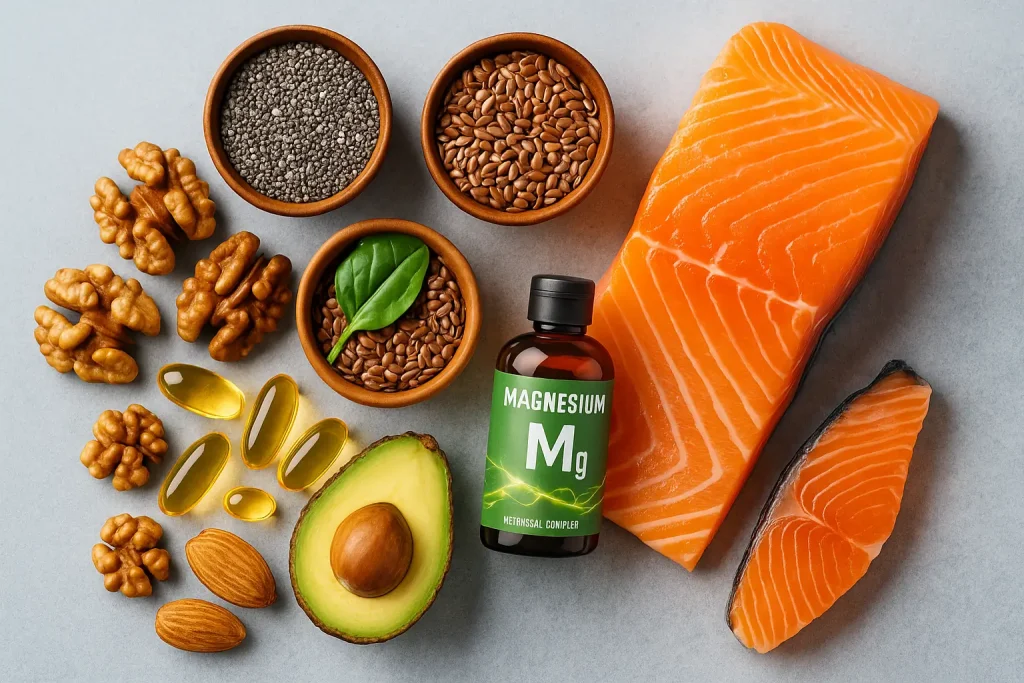
- Dry, itchy skin or dull hair
- Fatigue
- Poor concentration or memory issues
- Mood swings or depression
- Joint pain or stiffness
- Poor circulation
Getting Your Omega-3 Fix:
- Fatty Fish: The best dietary source of pre-formed EPA and DHA. Aim for at least two servings per week of fish like:
- Salmon (wild-caught preferred for lower contaminants)
- Mackerel
- Sardines
- Herring
- Anchovies
- Albacore Tuna (limit due to mercury potential)
- Plant Sources (ALA): Good additions to the diet, but don’t rely on them solely for EPA/DHA:
- Flaxseeds (ground for better absorption)
- Chia seeds
- Walnuts
- Hemp seeds
- Soybeans (edamame)
- Algal Oil: A vegan source of both EPA and DHA, derived directly from algae (where fish get their Omega-3s!). An excellent option for vegans/vegetarians seeking direct EPA/DHA. A key component of a vegan b12 supplement strategy often includes algal oil.
- Fortified Foods: Some eggs, yogurts, and juices are fortified with Omega-3s, but check labels for amounts and type (often ALA).
Choosing an Omega-3 Supplement:
If you don’t regularly eat fatty fish, a supplement is a reliable way to ensure adequate EPA and DHA intake. When looking for food supplements online or in a supplement shop near me:
- Check EPA & DHA Content: Don’t just look at the total “fish oil” amount. Look for the specific milligrams (mg) of EPA and DHA per serving on the Supplement Facts panel. Aim for a combined total of at least 500mg of EPA + DHA daily for general health, with higher doses often used for specific conditions (consult your doctor).
- Form Matters (Triglyceride vs. Ethyl Ester): Fish oil typically comes in triglyceride (TG) form (natural) or ethyl ester (EE) form (concentrated, semi-synthetic). The TG form is generally considered more bioavailable (better absorbed) than the EE form. Look for supplements specifying “triglyceride form.”
- Purity & Freshness: Choose brands that test for heavy metals (mercury, lead, arsenic), PCBs, and dioxins. Reputable brands often use third-party testing (look for seals like IFOS). Rancid fish oil is counterproductive; good quality oil shouldn’t have a strong fishy smell or cause excessive fishy burps (though taking it with food can help). Store it properly (cool, dark place).
- Source: Consider krill oil (contains astaxanthin antioxidant, phospholipids may enhance absorption, but typically lower EPA/DHA per capsule and more expensive) or algal oil (vegan EPA/DHA).
- Consider Reputable Brands: Look into established companies known for quality control, perhaps checking life extensions supplements ranges or seeking approved science supplements.
My Recommendation
Ensuring you get adequate EPA and DHA is vital. If you’re looking for a high-quality Omega-3 supplement sourced responsibly,
is an excellent choice. It features an exclusive blend of oils from fish (like cod, salmon, anchovy, sardine) and calamari, providing a balanced source of both EPA and DHA Omega-3 fatty acids to support heart, brain, eye, and immune health. It also includes high oleic olive oil and has a pleasant citrus flavor to minimize any fishy aftertaste.
Omega-3 fatty acids are non-negotiable for optimal function. Prioritizing them through diet or quality supplementation is a cornerstone of supporting long-term brain, heart, and overall systemic health.
Vitamin D: The Sunshine Vitamin Your Body Craves
Ah, Vitamin D – often called the “sunshine vitamin” because our bodies produce it when skin is exposed to sunlight (specifically UVB rays). Despite this natural production mechanism, Vitamin D deficiency is surprisingly common worldwide, especially for people living in northern latitudes, those with darker skin tones, older adults, and individuals who spend most of their time indoors or consistently use sunscreen (which is important for skin cancer prevention, but blocks D production).

Why is this a big deal? Because Vitamin D acts more like a hormone than a typical vitamin, influencing thousands of genes and playing critical roles far beyond bone health. Ensuring adequate levels is fundamental, making Vitamin D supplementation (or d3 supplementation specifically) a key consideration among the best supplements for overall health.
Beyond Strong Bones: The Widespread Influence of Vitamin D:
- Bone Health: This is its classic role. Vitamin D is essential for calcium and phosphorus absorption from the gut, which are vital minerals for building and maintaining strong bones and teeth. Deficiency leads to rickets in children and osteomalacia (soft bones) or osteoporosis (brittle bones) in adults.
- Immune System Modulation: Vitamin D plays a crucial role in regulating both the innate and adaptive immune systems. It helps immune cells function properly, potentially reducing the risk and severity of infections (like colds and flu) and possibly modulating autoimmune responses. It’s a key player in the list of foods and supplements to boost immune system. (Source: Nutrients Journal – Review on Vitamin D and Immunity)
- Mood Regulation: Low Vitamin D levels have been linked to an increased risk of depression and seasonal affective disorder (SAD). Receptors for Vitamin D are found in areas of the brain involved in mood regulation, and it may influence neurotransmitter production. Supplementation might help improve mood in some individuals with deficiency.
- Muscle Function: Vitamin D receptors are also present in muscle tissue. Adequate levels are important for muscle strength and function, and deficiency can contribute to muscle weakness and pain.
- Heart Health: Some studies suggest a link between Vitamin D deficiency and increased risk of cardiovascular problems like hypertension, heart failure, and stroke, potentially due to its roles in inflammation, blood pressure regulation, and endothelial function.
- Blood Sugar Control: Emerging research suggests Vitamin D may play a role in insulin sensitivity and secretion, potentially influencing blood sugar regulation and type 2 diabetes risk.
- Reduced Risk of Certain Cancers: Observational studies have linked higher Vitamin D levels to a lower risk of certain cancers, particularly colorectal cancer. Research is ongoing to understand the mechanisms and confirm these findings in clinical trials. (Source: National Cancer Institute – Vitamin D and Cancer Prevention)
- Brain Health: Involved in brain development and function, with potential protective roles against cognitive decline.
Are You Getting Enough? Sources & Risk Factors:
- Sunlight (The Primary Source): The amount of Vitamin D your body makes depends on time of day, season, latitude, skin pigmentation, and amount of skin exposed. Generally, 10-30 minutes of midday sun exposure to arms and legs a few times per week can be sufficient for lighter-skinned individuals during summer months, but this is highly variable and carries skin cancer risks.
- Dietary Sources (Limited): Few foods are naturally rich in Vitamin D. The best sources include:
- Fatty Fish (Salmon, Mackerel, Herring, Sardines)
- Cod Liver Oil
- Egg Yolks
- Beef Liver
- Fortified Foods: Many foods have Vitamin D added (food supplement vitamin d):
- Milk (dairy and plant-based alternatives)
- Orange Juice
- Breakfast Cereals
- Yogurt
- Risk Factors for Deficiency:
- Living far from the equator (less UVB)
- Spending limited time outdoors
- Consistent sunscreen use
- Darker skin pigmentation (melanin acts as a natural sunscreen)
- Older age (skin produces less D, kidneys convert less to active form)
- Obesity (D can get sequestered in fat tissue)
- Certain medical conditions (Crohn’s, Celiac, kidney/liver disease)
- Certain medications (e.g., steroids)
Supplementing with Vitamin D (Vitamin D3):
Given the prevalence of insufficiency and the difficulty of getting enough from sun/diet alone, Vitamin D supplementation, specifically Vitamin D3 (cholecalciferol), is often recommended. D3 is the form your body produces from sunlight and is generally considered more effective at raising blood levels than Vitamin D2 (ergocalciferol).
- Get Tested: The best way to know if you need to supplement and how much is to get a blood test for 25-hydroxyvitamin D [25(OH)D]. This will tell you your current level. Optimal levels are generally considered to be between 30-60 ng/mL (75-150 nmol/L), but discuss your specific target range with your doctor.
- Dosage: Dosing depends on your current blood level, body weight, age, and sun exposure. Common maintenance doses range from 1000 IU to 4000 IU per day. Higher doses may be needed initially to correct a deficiency, but this should be guided by your doctor. Do not megadose without medical supervision, as Vitamin D is fat-soluble and can build up to toxic levels (though this is rare with typical supplement doses).
- Take with Fat: Since Vitamin D is fat-soluble, taking it with a meal containing some fat can enhance absorption.
- Consider Vitamin K2: Vitamin D helps absorb calcium, while Vitamin K2 (specifically MK-7) helps direct that calcium to your bones and teeth, rather than letting it deposit in arteries or soft tissues. Many experts recommend taking Vitamin K2 alongside Vitamin D3, especially at higher doses. Look for supplements combining D3 and K2.
- Consistency: Take your supplement consistently, usually daily.
You can find Vitamin D supplements easily – they are available as capsules, softgels, liquids/drops, and sometimes in best powder vitamin supplements. Look for food supplements online or at your local supplements near me provider.
My Recommendation
Choosing the right form matters, and Vitamin D3 (cholecalciferol) is generally preferred. If you need a convenient way to boost your Vitamin D intake, particularly if you dislike swallowing pills,
offers Vitamin D3 in a chewable tablet with a pleasant prickly pear flavor. Each serving (two tablets) provides a significant boost to help address potential dietary gaps and support immune and bone health.
It also includes Vitamin E for antioxidant support. While this formula doesn’t include the Vitamin K2 sometimes recommended alongside D3, it provides a solid foundation for your Vitamin D needs, as determined with your healthcare provider.
Ensuring optimal Vitamin D levels is a simple yet profound step towards supporting your immune system, mood, bones, and overall long-term health.
Navigating the Supplement Maze: Quality, Honesty, and Avoiding Pitfalls
Okay, we’ve covered some foundational supplements backed by solid science. But the supplement industry is vast, and frankly, not always transparent. Remember that initial hook? “Most supplements are a waste of money.”
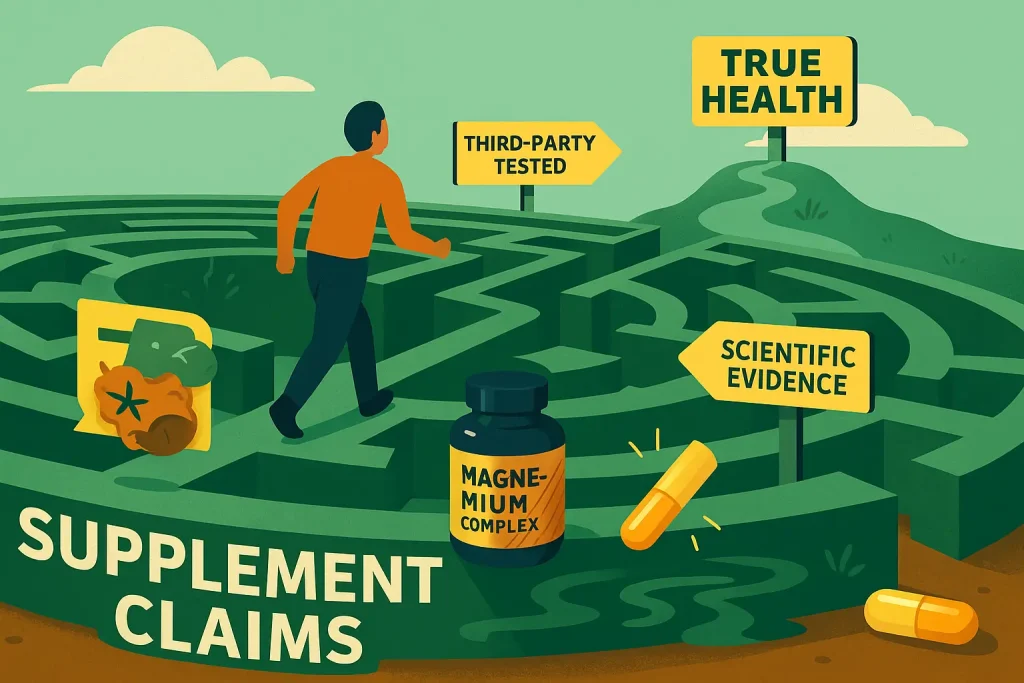
While perhaps a slight exaggeration for dramatic effect, there’s truth in the caution. Many products are ineffective, poorly formulated, or hyped beyond their actual capabilities. Being a savvy consumer is crucial.
Red Flags & Things to Watch Out For (The “List of Bad Supplements” Characteristics):
- Proprietary Blends: Companies list a blend of ingredients under a single name with a total weight, but don’t disclose the exact amount of each ingredient. This often hides the fact that expensive or effective ingredients are present only in tiny, ineffective “fairy dust” amounts, while the bulk is cheap filler. Transparency is key!
- Miracle Claims & Hype: Be wary of products promising instant results, curing diseases, replacing medications, or using overly dramatic language (“revolutionary,” “secret formula,” “#1 fat burner supplement” without context). Real health improvements take time and effort. If it sounds too good to be true, it probably is.
- Lack of Third-Party Testing: Reputable brands voluntarily send their products to independent labs (like NSF International, USP, ConsumerLab.com) to verify identity, purity, strength, and freedom from contaminants. Look for these certifications on the label or website. This signifies approved science supplements practices. Be cautious of brands that don’t offer this verification. (British supplements discount code seekers should still prioritize quality over just price).
- Irrelevant Celebrity Endorsements: Just because a celebrity endorses it doesn’t mean it’s effective or scientifically sound. Focus on the evidence, not the famous face.
- Auto-Ship Traps & Difficult Cancellations: Be careful with “free trials” that automatically enroll you in expensive monthly shipments (supplement fulfillment issues can arise). Ensure cancellation policies are clear and easy.
- Ignoring the Basics: Some marketing implies supplements are shortcuts that negate the need for healthy habits. This is false. Supplements supplement, they don’t replace diet, exercise, sleep, and stress management. If you see messaging downplaying lifestyle, be skeptical.
- Kitchen Sink Formulas: Products containing dozens of ingredients in tiny amounts are often less effective than simpler formulas with clinically relevant doses of key compounds.
- Focusing on Obscure Ingredients: While novel ingredients emerge (acid fulvic, acemannan supplement, lithium supplement – use with caution and research!), be wary if a product heavily promotes something with very little human research behind it, especially over well-studied basics. (Keywords like cell system aging supplement, glp1 supplement – often target specific mechanisms needing robust evidence).
How to Choose High-Quality Supplements:
- Prioritize Transparency: Look for brands that clearly list all ingredients and their amounts. Avoid proprietary blends.
- Seek Third-Party Certifications: NSF, USP, Informed Choice, Banned Substances Control Group (BSCG), ConsumerLab.com.
- Research the Brand: Does the company have a good reputation? Are they transparent about sourcing and manufacturing? Do they provide research backing their claims? (e.g., exploring 1st phorm supplements reviews or looking into life extension vitamins & supplements).
- Focus on Clinically Relevant Doses: Compare the doses in the supplement to those used in scientific studies showing benefits.
- Check the Form of Ingredients: As we discussed with B vitamins, magnesium, and curcumin, the form matters for absorption and effectiveness.
- Read Reviews Critically: Look for patterns in customer feedback, but be aware that reviews can be biased or fake. Focus on reviews discussing tangible results and experiences over time. (Athlean supplement reviews or 1st phorm supplement reviews can offer insights, but apply critical thinking).
- Consider Specific Needs: Are you looking for supplements for women, supplements for men, supplements to help sperm, best hair growth supplements, or top rated joint support supplements? Look for formulas targeted towards those needs, but still apply all the quality checks.
- Don’t Just Chase the Lowest Price: While affordability matters, extremely cheap supplements may cut corners on quality, purity, or dosage. (British supplements discount codes are great, but verify quality first). Look for value (quality + effective dose for the price).
- Source Matters: Whether you buy food supplements online, find a supplement shop near me, or look for “1st phorm supplements near me”, apply these quality criteria. Dropship supplement suppliers also need vetting for quality control if you’re considering that route.
Remember: You are investing in your health. Choose wisely!
Integrating Supplements Wisely: They’re Partners, Not Magic Pills
We’ve explored some potentially beneficial supplements and how to choose quality products. But let’s bring it back to the most crucial point: Supplements are not a substitute for a healthy lifestyle.
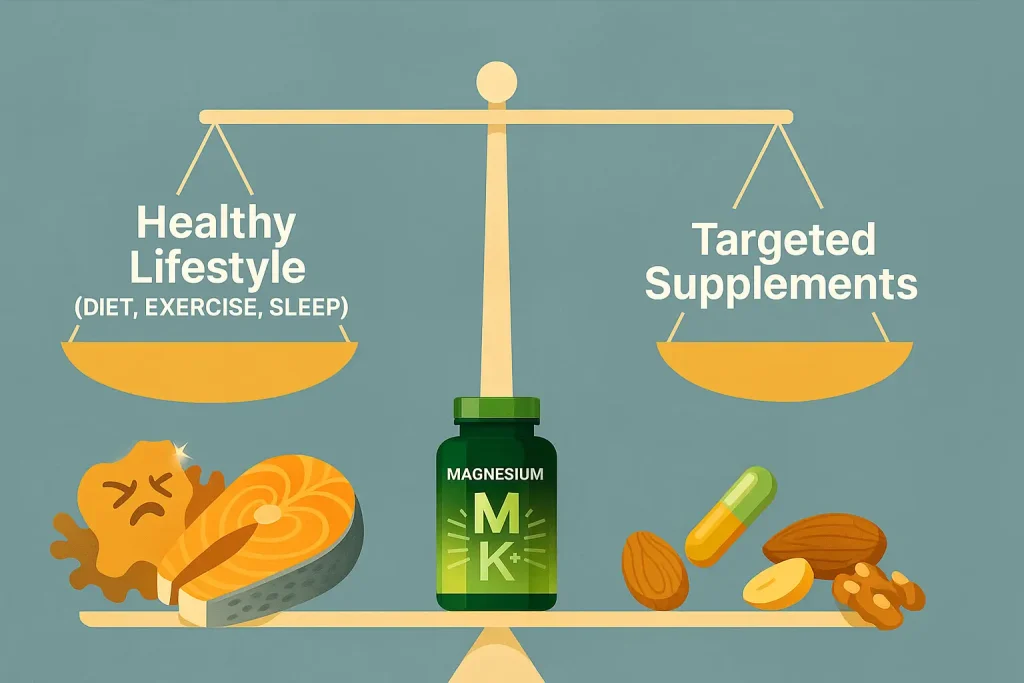
Think of your health like building a sturdy house:
- Foundation: Healthy Diet (whole foods, balanced macros, hydration), Regular Exercise, Sufficient Sleep, Stress Management.
- Structure: Consistent healthy habits built over time.
- Finishing Touches/Reinforcements: Wisely chosen nutritional supplements to address specific needs or bridge potential gaps.
You can’t build a strong house on a shaky foundation. Taking the best supplements for overall health won’t undo the damage of a diet high in processed foods, a sedentary lifestyle, chronic sleep deprivation, or unmanaged stress. They work best when integrated into an already healthy framework.
Here’s how to think about integration:
- Foundation First: Prioritize cleaning up your diet, moving your body regularly, getting 7-9 hours of quality sleep, and finding healthy ways to manage stress. This is non-negotiable.
- Identify Potential Needs: Are you experiencing specific symptoms (fatigue, poor sleep, mood issues)? Do you follow a restrictive diet (vegan, keto)? Are you an athlete with high demands? Do you have known deficiencies based on blood tests? This helps target potential supplement needs.
- Start Low, Go Slow: If you decide to try a supplement, begin with one at a time and start with a low dose. This helps you identify what’s working and monitor for any potential side effects. Don’t introduce five new things at once.
- Be Consistent: Most supplements require consistent daily use for weeks or even months to exert their full benefits, especially those working on cellular health or chronic inflammation.
- Listen to Your Body: Pay attention to how you feel. Are you noticing positive changes? Any adverse effects? Adjust accordingly.
- Cycle If Necessary (Rarely): While most foundational supplements discussed here don’t require cycling, some performance-focused or hormonal supplements might benefit from it. Research specific recommendations if venturing into those areas.
- Re-evaluate Periodically: Your needs can change based on age, lifestyle, diet, and health status. Re-assess your supplement regimen periodically (e.g., annually) with your healthcare provider.
Supplements are tools. Use them strategically and intelligently as part of a holistic approach to well-being. They are the “supplemental” part of your health plan, enhancing the efforts you make every day through good habits.
The Most Important Step: Consult Your Doctor or Healthcare Provider

Throughout this guide, I’ve stressed the importance of consulting with a qualified healthcare professional (like a doctor, registered dietitian, or naturopathic doctor knowledgeable in supplements), and I want to reiterate it emphatically here.
Why is this essential?
- Personalized Needs Assessment: Your genetics, health history, current medications, lifestyle, and lab results are unique. A healthcare provider can help determine if you actually need a particular supplement and the appropriate dosage for you. They can help interpret tests for Vitamin D, B12, Iron (what is the right amount of iron supplement to take? They can guide you!), magnesium, etc.
- Identifying Root Causes: Symptoms like fatigue or poor sleep can have many underlying causes. A professional can help investigate the root cause rather than just masking symptoms with a supplement.
- Potential Interactions: Supplements can interact with prescription medications (e.g., Vitamin K with warfarin, St. John’s Wort with many drugs, iron supplements potentially interacting with thyroid meds). A provider can check for potentially harmful interactions. (Can iron supplements delay your period? This is another question for your doctor!).
- Contraindications: Certain supplements might be unsuitable for individuals with specific health conditions (e.g., kidney disease and magnesium/potassium, gallstones and curcumin).
- Safety & Quality Guidance: They may be able to recommend reputable brands or specific formulations based on their clinical experience.
- Monitoring: For certain supplements (like Vitamin D or Iron), periodic blood tests are necessary to monitor levels and adjust dosage to avoid toxicity or ensure sufficiency.
- Distinguishing Supplement Needs from Medical Conditions: Some symptoms warrant medical investigation beyond supplementation (e.g., severe fatigue could be anemia, thyroid issues, etc.).
Don’t rely solely on Dr. Google, blog posts (even this one!), or advice from the person at the supplement shop near me. While information is empowering, personalized medical advice is crucial for safety and effectiveness.
Think of this guide as educational background to help you have a more informed conversation with your healthcare provider. Bring your questions, share your goals, and work together to create a safe and effective plan tailored to your individual needs.
Frequently Asked Questions (FAQs) About Supplements
Let’s tackle some common questions people ask about supplements:
What does supplement mean?
In the context of health, a supplement (or nutritional supplement, food supplement) is a product intended to add nutritional value to the diet. It typically contains one or more dietary ingredients (like vitamins, minerals, herbs, amino acids, enzymes) or their constituents.
They are intended to be taken by mouth as a pill, capsule, tablet, liquid, or powder. The key idea is that they supplement the diet, not replace food or cure disease.
What are 3 types of supplements?
Supplements can be categorized in many ways, but here are three common types based on their primary ingredients:
- Vitamins & Minerals: These supply essential micronutrients that the body needs for various functions but often cannot produce itself (e.g., Vitamin D, Vitamin C, Iron, Magnesium, Zinc, B Vitamins). This category covers the basic vitamin supplements list.
- Herbal/Botanical Supplements: These contain ingredients derived from plants (herbs, roots, flowers, seeds) used for their perceived health benefits (e.g., Curcumin from Turmeric, Ashwagandha, Ginseng, cannabinoids supplements like CBD). The benefits of ginger supplement fall here.
- Specialty Supplements: This is a broad category including substances that aren’t strictly vitamins, minerals, or herbs but are taken for specific purposes. Examples include amino acids (like Creatine, BCAAs), enzymes (like digestive enzymes), probiotics, fiber (fiber supplement), fatty acids (Omega-3s), hormones (like Melatonin – use cautiously), and compounds like collagen supplements, NMN supplement, NAC supplement, or CoQ10. Even things like protein whey supplements fit here.
What are the 4 main supplements people often consider?
While individual needs vary greatly, four supplements are very commonly discussed or considered foundational due to widespread potential insufficiencies or broad benefits:
- Vitamin D: Due to common deficiency and its wide-ranging roles (immune, bone, mood).
- Omega-3 Fatty Acids (Fish Oil/Algal Oil): For heart, brain, and anti-inflammatory benefits, as dietary intake is often low.
- Magnesium: Involved in hundreds of processes, supports relaxation, energy, muscle function, and deficiency is common.
- A High-Quality Multivitamin: To cover potential baseline gaps in various essential vitamins and minerals, though targeted supplementation is often preferred for specific needs. (Alternatively, some might list Probiotics here due to growing awareness of gut health).
What is the meaning of supplement medicine?
This term isn’t standard medical terminology but likely refers to the use of dietary supplements as part of a broader health or wellness strategy, sometimes alongside conventional medicine.
It might be used in the context of Complementary and Alternative Medicine (CAM) or Functional Medicine, where supplements are often employed to address nutritional deficiencies, support specific physiological functions, or manage symptoms.
It’s crucial to distinguish this from replacing prescribed medications with supplements without medical guidance. Supplements are regulated as food, not drugs, and are not intended to treat, diagnose, prevent, or cure diseases.
Are expensive supplements always better?
Not necessarily. Price can sometimes reflect higher quality ingredients, better formulation (e.g., bioavailability), rigorous third-party testing, or research investment.
However, high prices can also be due to excessive marketing, celebrity endorsements, or multi-level marketing structures (FLP uses this model, but focus should be on product quality itself).
Conversely, very cheap supplements might cut corners on quality or dosage. Focus on transparency, third-party testing, effective doses, and appropriate forms rather than price alone. Look for value.
How long does it take for supplements to work?
It varies greatly depending on the supplement, the dosage, your individual body chemistry, the severity of any deficiency, and what outcome you’re measuring.
- Some effects might be felt relatively quickly (e.g., magnesium for sleep/relaxation within days/weeks for some).
- Correcting a deficiency (like Vitamin D or Iron) can take weeks to months of consistent supplementation, monitored by blood tests.
- Benefits related to chronic inflammation (Omega-3s, Curcumin) or cognitive function (Creatine, Omega-3s) might take several weeks or even 2-3 months of consistent use to become noticeable.
- Structural changes (like bone density from Vitamin D/Calcium/K2 or hair growth from best hair growth supplements) take much longer (months to years). Be patient and consistent.
Can I take multiple supplements together?
Often, yes, but it’s crucial to be smart about it.
- Check for Overlap: Avoid taking multiple products that contain high doses of the same nutrient (especially fat-soluble vitamins like A, D, E, K and minerals like Iron and Zinc) to prevent exceeding safe upper limits.
- Consider Interactions: Some supplements can compete for absorption (e.g., high-dose Zinc can interfere with Copper absorption; Calcium can interfere with Iron). Spacing them out might be beneficial.
- Consult Your Doctor: This is the best way to ensure your combination is safe and appropriate, especially if you take medications. They can advise on timing and potential interactions. Don’t start a complex regimen without professional guidance.
What are NMN and NAD supplements?
NMN supplement (Nicotinamide Mononucleotide) and NAD supplement (often Nicotinamide Riboside – NR) are precursors to NAD+ (Nicotinamide Adenine Dinucleotide). NAD+ is a vital coenzyme involved in cellular energy metabolism, DNA repair, and hundreds of other processes. Levels tend to decline with age.
Supplementing with precursors like NMN or NR aims to boost NAD+ levels, potentially supporting healthy aging, energy, and cellular resilience. Research, particularly long-term human studies, is still evolving but shows promise. They relate to the cell system aging supplement concept.
What about collagen supplements?
Collagen supplements provide peptides (short chains of amino acids) that are the building blocks for collagen, the main structural protein in skin, bones, tendons, ligaments, and cartilage.
Supplementing aims to support skin elasticity and hydration (#1 collagen supplement claims abound), joint health (potentially reducing pain), and bone density. Look for hydrolyzed collagen or collagen peptides for better absorption. Colla(g)een supplement research is promising, particularly for skin and joint health.
Are supplements regulated?
Yes, but differently than drugs. In the US (and similarly in many other regions), supplements are regulated by the FDA under the Dietary Supplement Health and Education Act (DSHEA). Companies are responsible for ensuring their products are safe and that label claims are truthful and not misleading.
However, unlike drugs, the FDA does not approve supplements for safety and effectiveness before they go to market. The FDA takes action after a product is on the market if it’s found to be unsafe or mislabeled. This is why third-party testing for quality and purity is so important for consumers.
Your Path Forward: Informed Choices for Vibrant Health
Whew! We’ve covered a lot of ground – from understanding why supplements might be beneficial in our modern world to deep dives into foundational nutrients like Magnesium, Creatine, Active B Vitamins, High-Bioavailability Curcumin, Omega-3s, and Vitamin D.

We’ve also navigated the complexities of choosing quality products and avoiding pitfalls, stressing the irreplaceable importance of a healthy lifestyle and professional medical guidance.
Remember, the goal isn’t to load up on every supplement under the sun. It’s about making strategic, informed choices based on your individual needs, reliable scientific evidence, and professional advice.
The best supplements for overall health are the ones that are right for you, addressing your specific gaps or goals, and sourced from reputable brands committed to quality and transparency (like exploring options from life extensions supplements or brands known for rigorous testing like thorne nac supplement if looking for specific compounds).
Use this guide as a starting point for your research and, more importantly, as a catalyst for an informed conversation with your healthcare provider. Together, you can determine the most effective path forward, potentially integrating carefully selected supplements as powerful allies alongside the cornerstones of good nutrition, movement, rest, and stress management.
Disclaimer
This article is for informational purposes only and does not constitute medical advice. The information contained herein is not intended to diagnose, treat, cure, or prevent any disease. Always consult with a qualified healthcare professional before making any decisions about your health or treatment, including starting any new supplement regimen. Individual results may vary.





